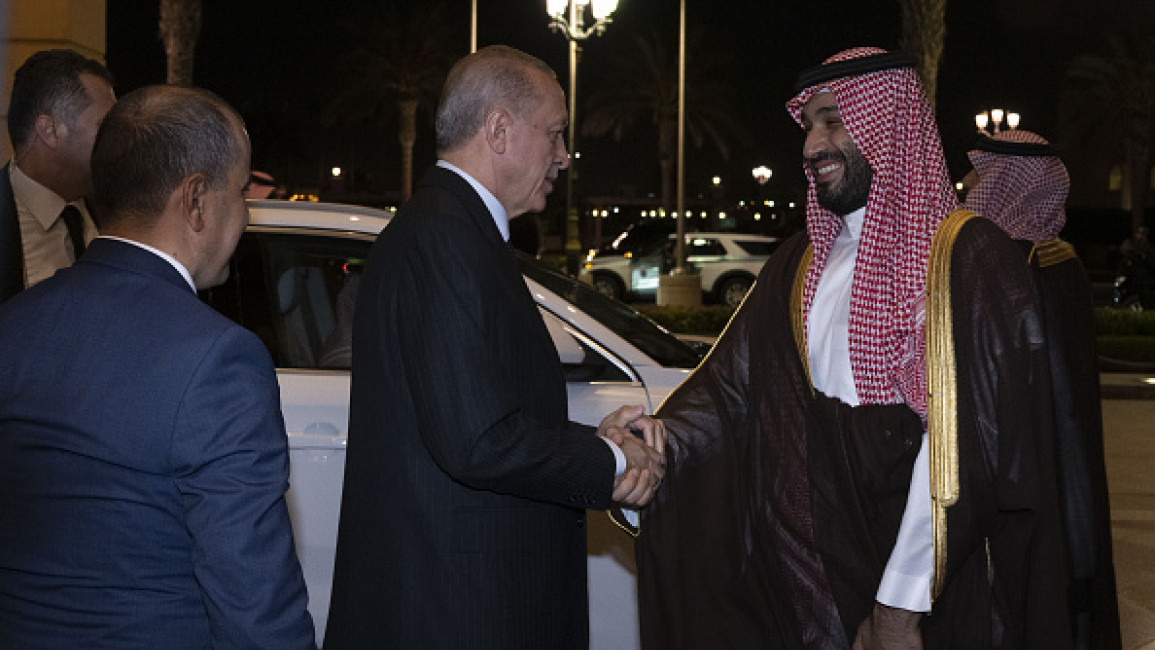Pakistan, Saudi Arabia and Turkey agree to strengthen defence ties
Pakistan, Turkey and Saudi Arabia have agreed to increase the scope of trilateral defence cooperation at the second meeting of the Trilateral Defence Collaboration hosted by Pakistan on Tuesday.
Senior military officials from the three countries met at the at the headquarters of the Pakistani Armed Forces to discuss collaboration in defence equipment technologies, including research and development, according to ISPR, the media wing of Pakistan’s military.
“The three sides reaffirmed the importance of combining the intellectual, technical, financial and human resources of the three friendly nations towards the achievement of shared objectives and attainment of self-sufficiency in the defence domain,” it said.
The first meeting of the three countries was held in Riyadh on 23 August last year.
Though this year’s meeting acknowledged the “brotherly relations” between the nations, it marks a shift from previous tensions between Saudi Arabia and Turkey.
Under severe economic strain, Turkey has sought to repair ties with Saudi Arabia and the UAE following a decade-long rift over the Arab Spring and Ankara’s support for the Muslim Brotherhood, whose brand of Islamic democracy was considered a threat by the two Gulf monarchies.
Relations between Turkey and Saudi Arabia fell to new lows after Riyadh began a now resolved siege of key Turkish ally Qatar in 2017 and the murder of Saudi dissident Jamal Khashoggi at the kingdom’s consulate in Istanbul.
Pakistan and Saudi Arabia have historically enjoyed much closer military, cultural and trade ties, despite a 2020 spat in which Pakistan accused the Saudi-led Organisation of Islamic Cooperation of inaction over the Kashmir issue.
The kingdom is home to 2.5 million expatriate Pakistani workers, whose remittances comprise a major part of Islamabad's foreign reserves every year. Pakistan also relies on Saudi oil supplies and its financial prowess in times of domestic economic trouble, while Riyadh relies on the Pakistani army for troops and training at its request, including to defend the Saudi border from the Islamic State group in 2014.
The next meeting between the three nations will take place in Riyadh next month.

![Bahrain [getty] Bahrain [getty]](/sites/default/files/styles/image_330x185/public/media/images/5F28B59A-942B-4B6A-A5A8-09D476D1E68D.jpg?h=d1cb525d&itok=NJNXWh5z)

